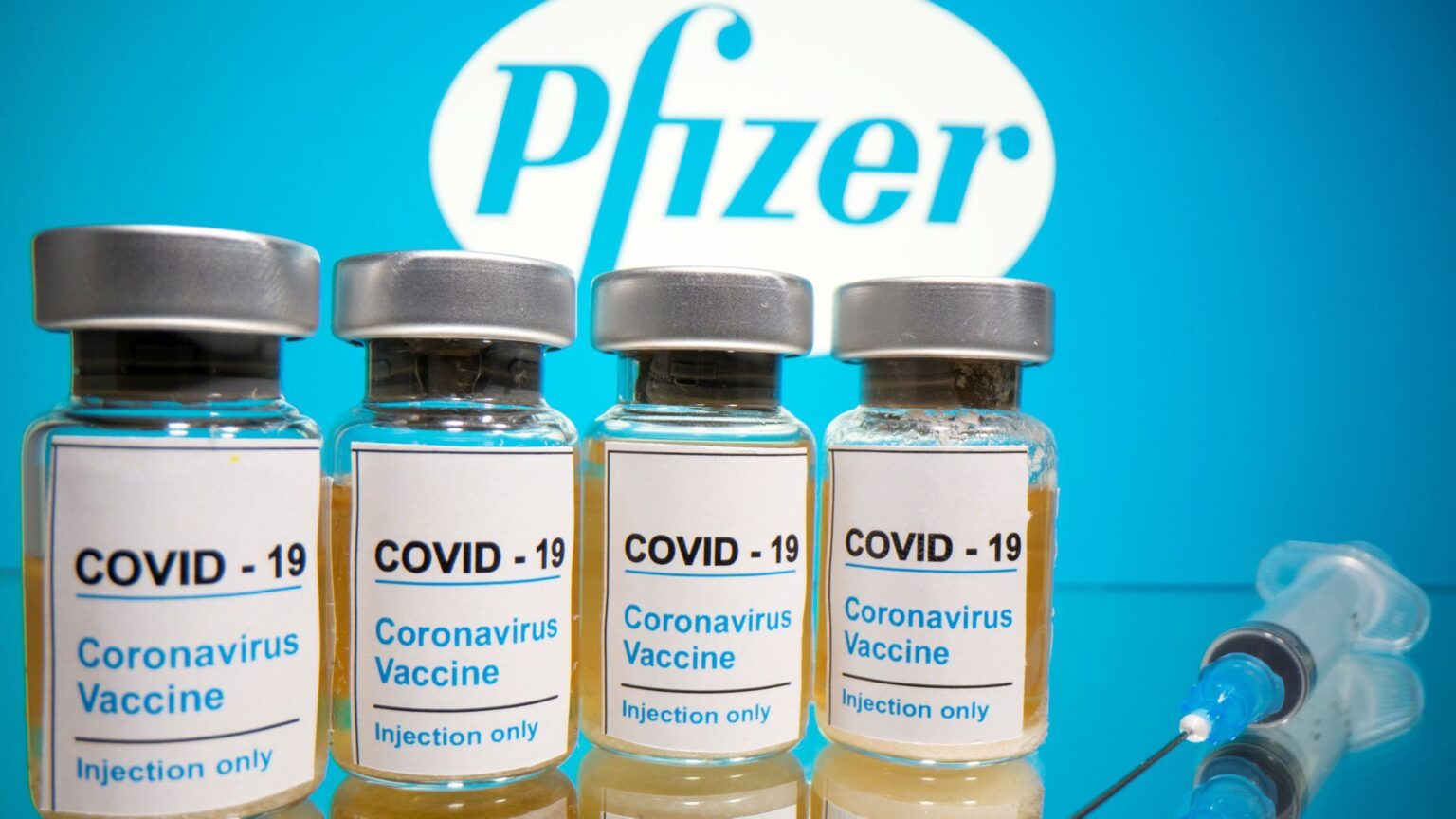
A coronavirus vaccine is approved in the UK: When can you get it?
The news we’ve been waiting for all year has finally arrived! A coronavirus vaccine has officially been judged safe for use and will be rolling out next week. People like President Donald Trump have been bragging about the speed of their vaccination development programs – it looks like the UK beat Operation Warp Speed to the punch when it comes to approval for actually distributing it though.
Regardless of who did what first, it’s a pretty bright day in human history. It’s true that other pandemics have been much deadlier than COVID-19, but the novel coronavirus has wreaked enough havoc for everyone to be glad there’s a light at the end of the tunnel.
Congratulations, United Kingdom! Not just because you’ve approved the use of a vaccine first but because your residents will obviously be the first people to get it. Provided the coronavirus vaccine proves as effective and unharmful as we all hope it will be, you’ve accomplished quite a feat. Here’s what else you need to know about the UK’s coronavirus vaccine.
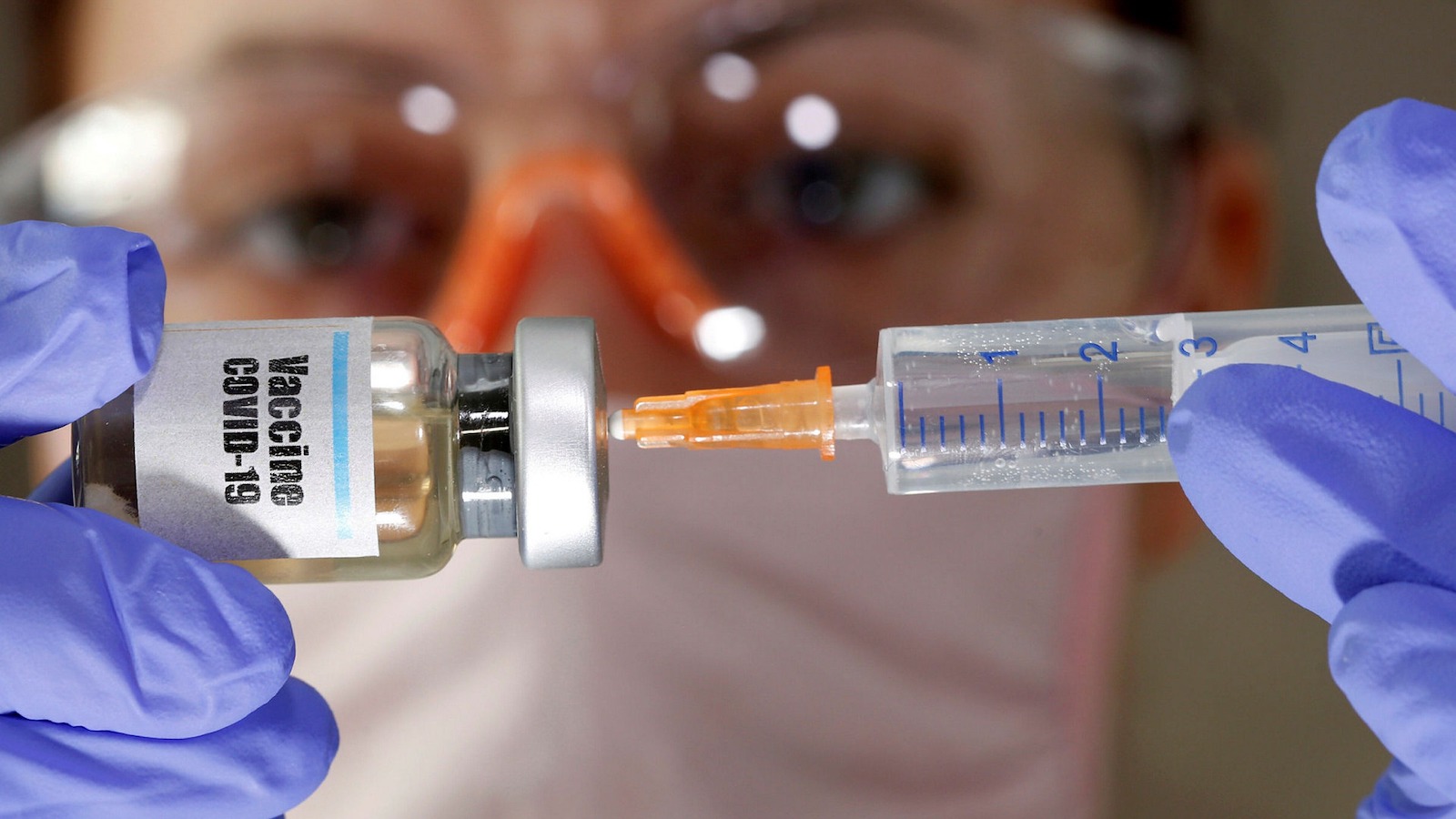
How will the coronavirus vaccine be administered?
According to the BBC, the Pfizer/BioNTech shot is the “fastest vaccine to go from concept to reality”. What should have taken years – even an entire decade to produce – has been made and labeled ready for distribution in 10 months. The Pfizer/BioNTech coronavirus vaccine has been labeled 95 percent effective.
Those are some pretty impressive stats. Head of the MHRA, Dr. June Raine, assures that despite the fast production time “ every single vaccine that goes out meets the same high standards of safety.”
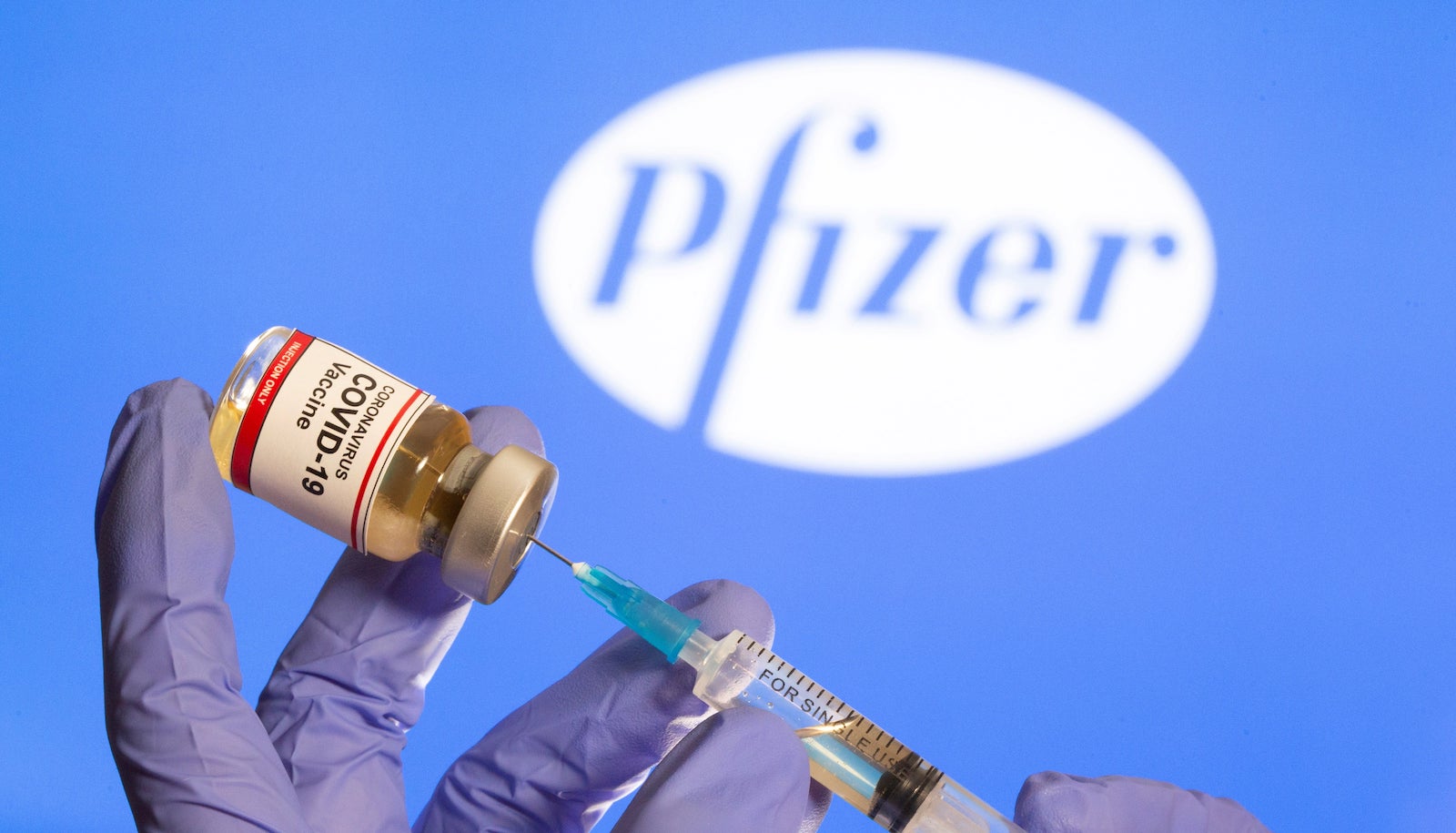
According to STAT during the Pfizer/BioNTech vaccine trial scientists discovered an “important finding which suggests the vaccine prevents not only mild cases, but the type of serious disease that leads patients to die or be hospitalized.”
The Pfizer/BioNTech vaccine must be kept at negative seventy degrees Celsius and side effects have been marked as mild. As with most vaccines, this coronavirus vaccine must be given in more than one dose. According to the BBC, “The vaccine is given as two injections, 21 days apart, with the second dose being a booster. Immunity begins to kick in after the first dose but reaches its full effect seven days after the second dose.”
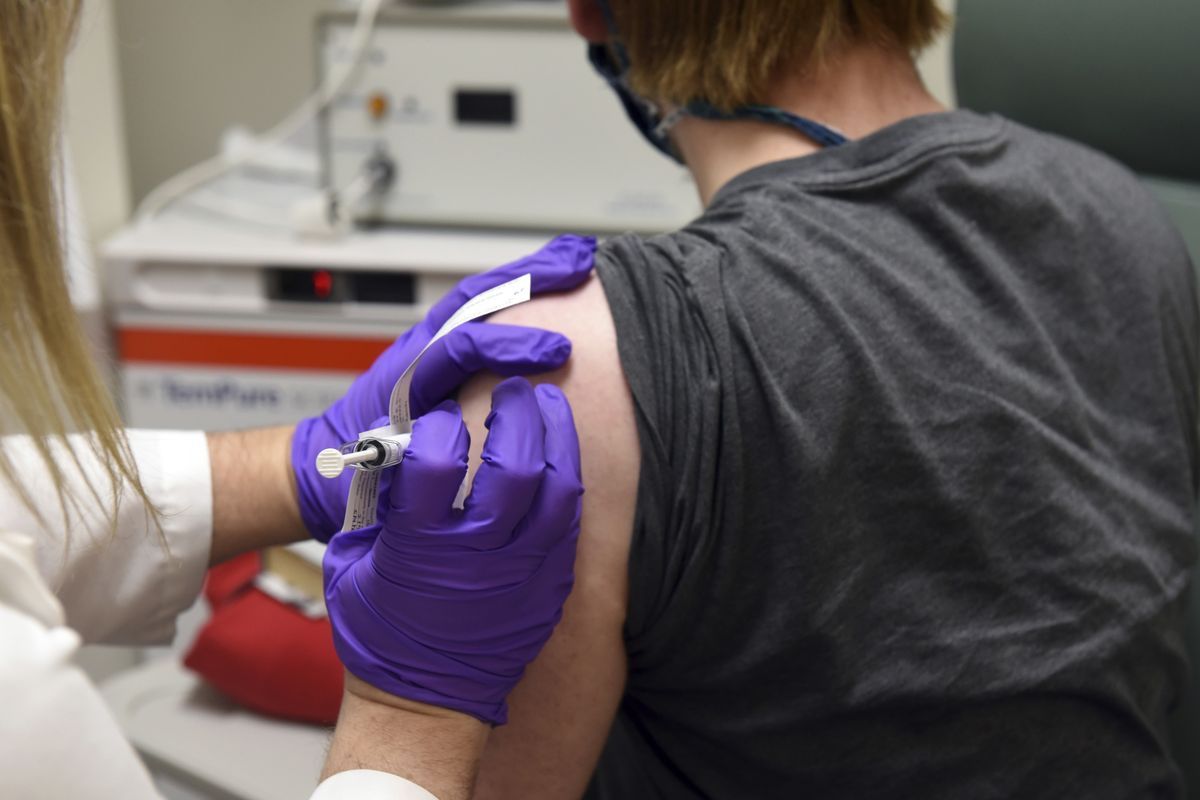
Who gets it first?
One of the largest hurdles in distribution of the Pfizer/BioNTech coronavirus vaccine is the temperature it must be kept at. Because of the extreme storage requirements for the Pfizer/BioNTech vaccine, shipments of this coronavirus shot will not be shipped to care home resident facilities as anticipated.
The Pfizer/BioNTech vaccine can only be moved once and must be kept in batches of 1000. Care homes not only lack the numbers to justify sending a batch of 1000 but lack the proper facilities to store the vaccine. Instead, authorities plan on running clinics from hospitals that have the ultra-cold facilities to store the Pfizer/BioNTech coronavirus vaccine.
Both health care workers and elderly people are first priority. NHS and care home staff will be receiving the Pfizer/BioNTech vaccine first and free of charge. People over eighty years of age will also be priority. Then people seventy years of age, sixty years of age, and so on. Mass vaccination of people over fifty and young people with preexisting conditions will happen later in 2021 when stocks become available.
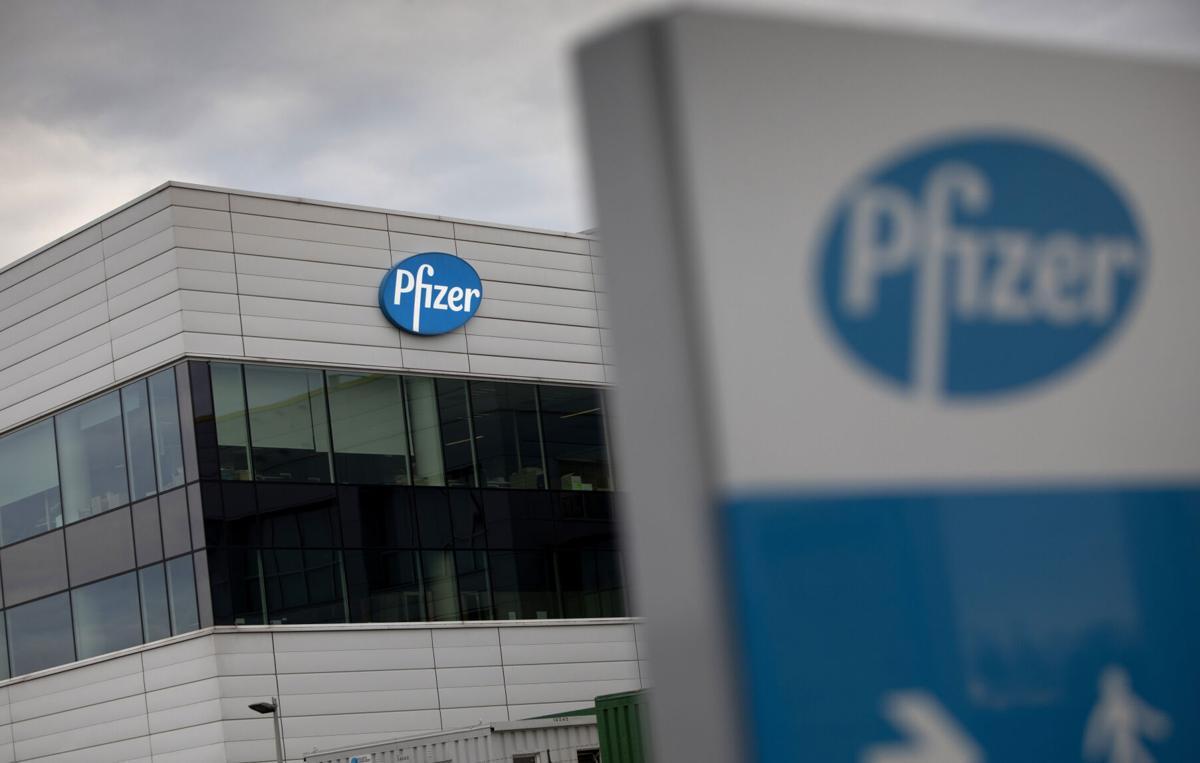
According to Health Secretary Matt Hancock, the majority of the rollout across the UK will be in the next year. “2020 has been just awful and 2021 is going to be better,” says Hancock. He also commented “I’m confident now, with the news today, that from spring – from Easter onwards – things are going to be better. And we’re going to have a summer next year that everybody can enjoy.”
While everyone is becoming more and more excited at the thought of an end to the coronavirus era, leaders are also warning against laxity in protocols.
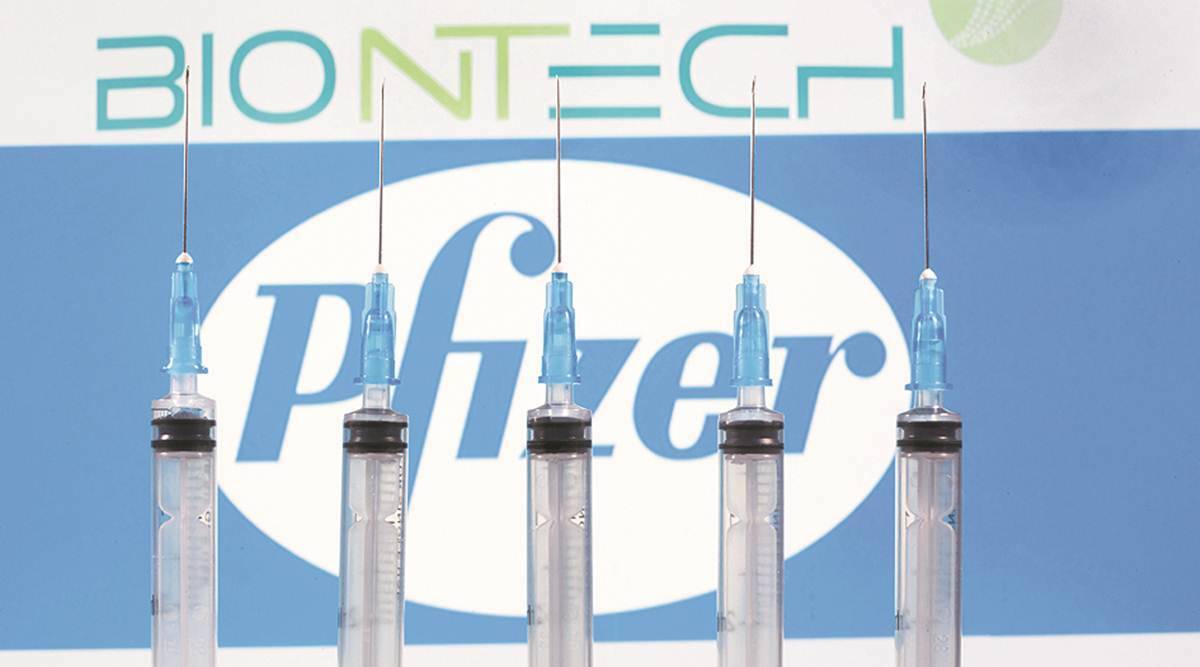
Prime Minister Boris Johnson remarked it’s critical for people to not get “carried away with over-optimism or falling into the naive belief that our struggle is over.” Indeed, it’s not over quite yet. Health officials still insist on frequent handwashing, mask-wearing, social distancing, and other safety measures stay in place so that unnecessary spikes in coronavirus cases don’t overwhelm us.
In essence, we’re beginning to win the war but the battle’s not over. Stay optimistically careful, friends.



